In late January, a group representing Sport Waitākere took part in the eagerly anticipated Toi Tangata Hui a Tau. Venturing from waters of the Waitematā to explore Ōtepoti, Dunedin and the Waikouaiti river in Karitane, this gathering provided a unique opportunity to experience indigenous kai practices on the whenua (land) and in and around the wai (water).
This years’ theme ki uta, ki tai (from the mountains to the sea), was inspired by the waiata (song) Arai te Uru, composed by Waiariki Parata-Taiapa. The waiata talks about safeguarding the innate connection between the whenua, wai, and tāngata (people).
Commencing at Āraiteuru marae in Ōtepoti and extending to Puketeraki marae in Karitane, the two-and-a-half-day wānanga (conference) featured a diverse programme with workshops such as snorkelling, waka ama, and māra kai. Throughout the wānanga, participants were encouraged to explore strategies for hauora (health and wellbeing) while being mindful of their responsibilities to te taiao (natural environment).
Reflecting on the experience, Rea Kenkel, Systems Innovator for the Healthy Families team at Sport Waitākere, emphasised the significance of spending time with the hapū (tribe) on the marae. “It was amazing to see firsthand, how interconnected everything was. From kai, to wellbeing, movement and taiao, the wānanga really highlighted the importance of a holistic approach to health.”
Mātanga (experts) also lead a range of discussions on topics from kai sovereignty, water safety and diving techniques, to an invigorating pop-up session with Georgia Latu, the 17 year old owner and creator of Pōtiki Poi. The richness of those sessions was further enhanced by the kōrero tuku iho (stories and histories) that were shared so generously by the haukainga (local people of the marae). Pacific Systems Innovator, Ruta Tonumaivao explains.
“As a Samoan person, it was illuminating to be in that environment and to see how Māori maintain a spiritual connection to their atua (divinity) and their ancestors. The histories and wisdom that is shared through pūrakau is the foundation that informs a lot of the kai and hauora related practices that we witnessed.”
The return of the Toi Tangata Hui a Tau has reasserted its role as a platform for thought provoking discussions on hauora and indigenous practice, making it an essential fixture on the calendar for kaimahi in this sector.
